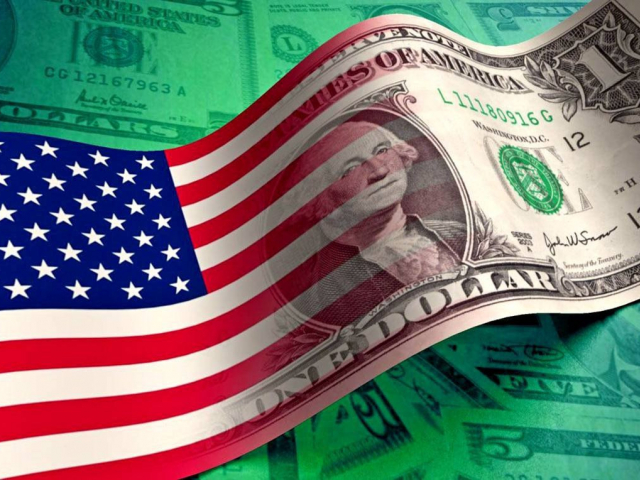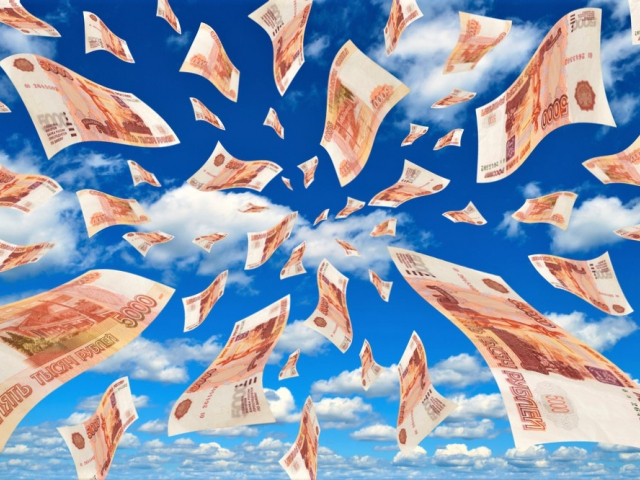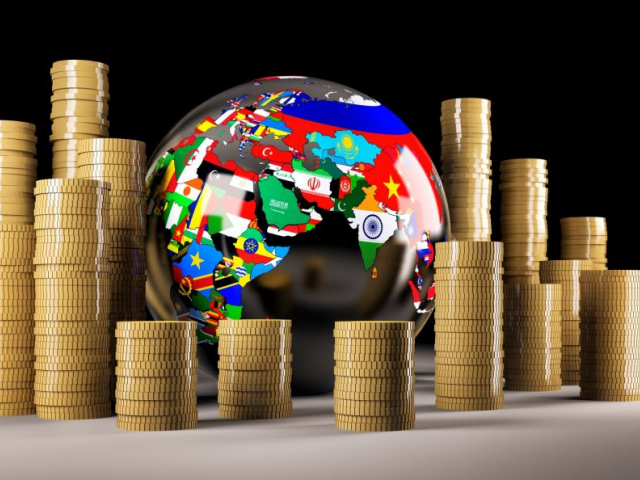
United States
Further rate hikes by the US Fed are seen as the main risk to the American economy next year. The prospects for the United States largely depend on the regulators’ actions and the pace of rate increases. In early 2023, the interest rate in the United States may reach 4.5%–5%. Experts say this will affect the housing market and the automotive industry. In fact, analysts do not rule out the possibility of interest rates at 6% but fear a slowdown in economic growth in the US despite a decrease in inflationary pressure in November 2022. Nevertheless, many market participants do not lose hope. According to the Organization for Economic Cooperation and Development (OECD), US economic output will increase by 0.5% in 2023. Based on the survey of The Wall Street Journal, US GDP will accelerate by 0.4% despite high recession risks.

China
The world’s second-largest economy may face negative consequences that will follow from its zero Covid rules. China’s government is expected to pursue the policy in 2023. In this light, the prospects for the Chinese economy look rather daunting. Still, experts say the economy will recover as Beijing somewhat eased its strict coronavirus restrictions. China’s rigid Covid stance delivered a devastating blow to the national economy. Still, the recent surge in new cases does not allow experts to accurately predict when restrictions will be eased or lifted. China’s property crisis is another problem weighing on the Chinese economy. Currently, the pace of construction in China is much higher than the demand in the local market. In addition, large-scale tax incentives also contributed to a slowdown in economic growth. As a result, China’s budget deficit hit a record $1 trillion.

Russia
The Bank of Russia names tougher external trade and financial restrictions one of the key risks for the national economy. According to the regulator, this greatly undermines the Russian economy’s growth potential. Therefore, Russia may face an increase in inflation and budget deficit in 2023. Currently, Russia is estimated to have a state budget deficit until 2025, but things may get worse. Experts say that the current deficit will be offset by domestic borrowing and an updated fiscal policy. Should the world economy enter a recession, Russian exports will be hard hit. In addition, demand for Russian goods may drop, imports decline, and the ruble devaluate. Labor force shortages will also pose risks to the Russian economy.

Eurozone
The growing public debt of the EU countries and high energy prices will present the biggest threat to the European economy in 2023. According to Oxford Economics, Germany, Italy, France, and Spain will suffer the heaviest blow of all. People will face a noticeable increase in utility bills and electricity tariffs in early 2023, which in turn will trigger a collapse in consumption in the EU. However, despite the gloomy forecasts, Europe may avoid the crippling effect of the energy crisis thanks to its significant gas reserves. This will allow European factories not to introduce a cap on energy consumption. Barclays economists predict that the eurozone’s GDP will drop by 1.3% next year. Previously, they forecast the economy to contract by as much as 5%. In 2023, many households and companies in the region are expected to adapt to the current economic situation.

Global risks
Galloping inflation is named the biggest threat to the world economy next year. According to the World Bank, regulators will raise interest rates to 4% and continue tightening monetary policy in 2023. In this light, inflation may again surge by 5%, which is twice the average of this indicator. Continuing rate hikes will contribute to a 0.5% slowdown in global GDP in 2023, signaling the onset of a global recession and financial crises in developing countries. Still, analysts do not lose hope as US inflation slowed in October and prospects for the world economy somewhat improved. Despite the shattering state of the global economy, inflation is expected to continue slowing down in 2023.
 English
English 
 Русский
Русский Bahasa Indonesia
Bahasa Indonesia Bahasa Malay
Bahasa Malay ไทย
ไทย Español
Español Deutsch
Deutsch Български
Български Français
Français Tiếng Việt
Tiếng Việt 中文
中文 বাংলা
বাংলা हिन्दी
हिन्दी Čeština
Čeština Українська
Українська Română
Română
